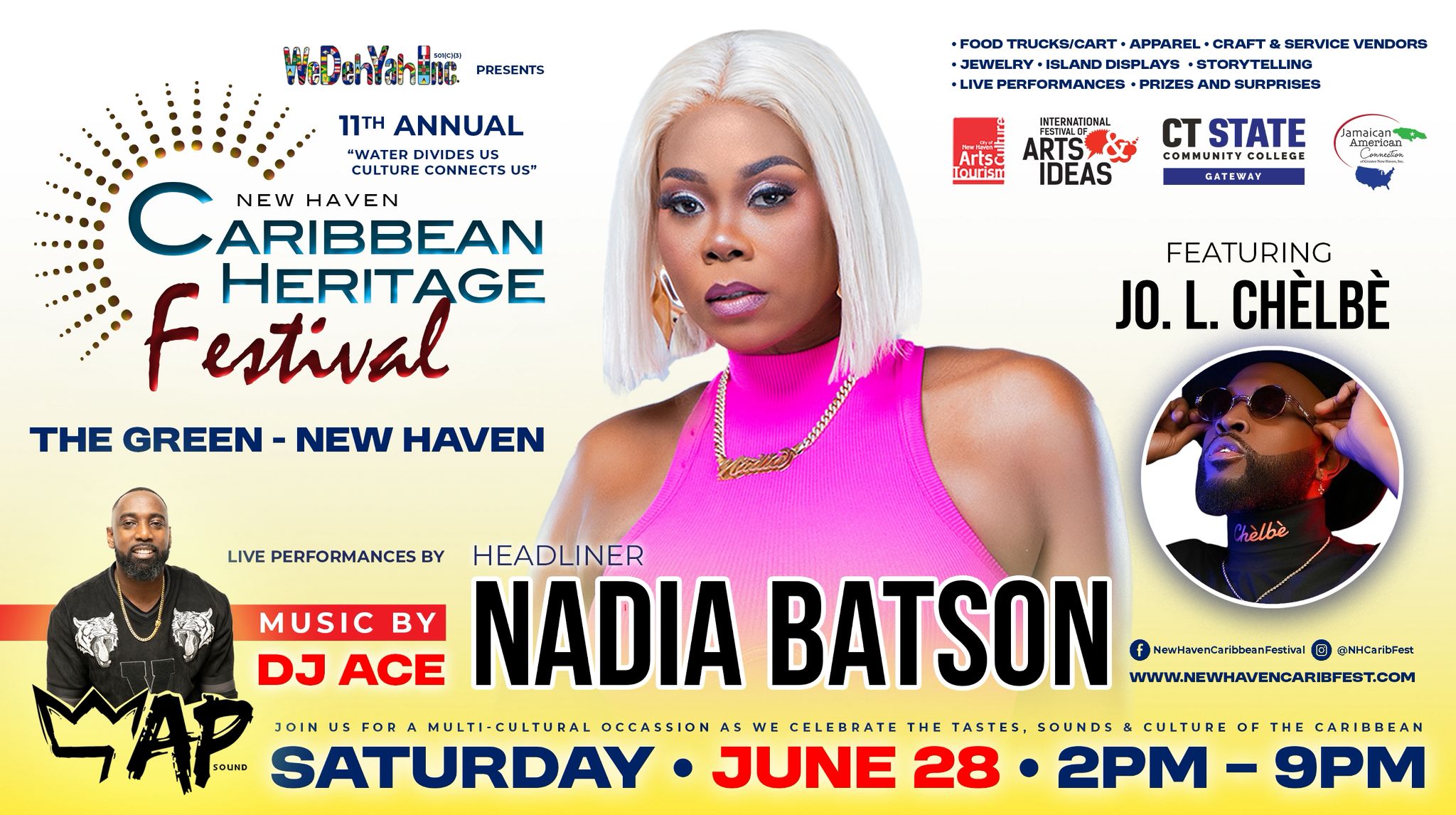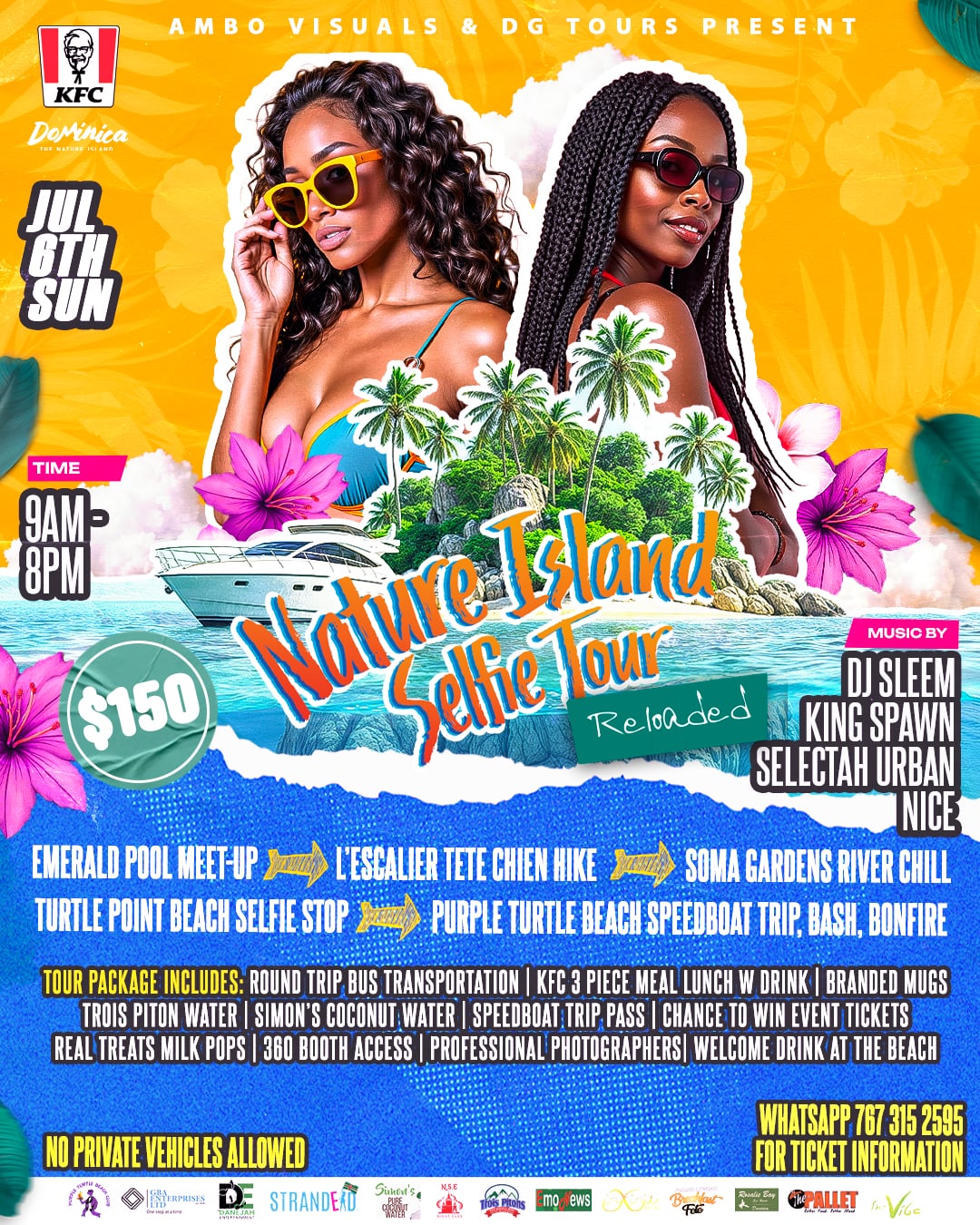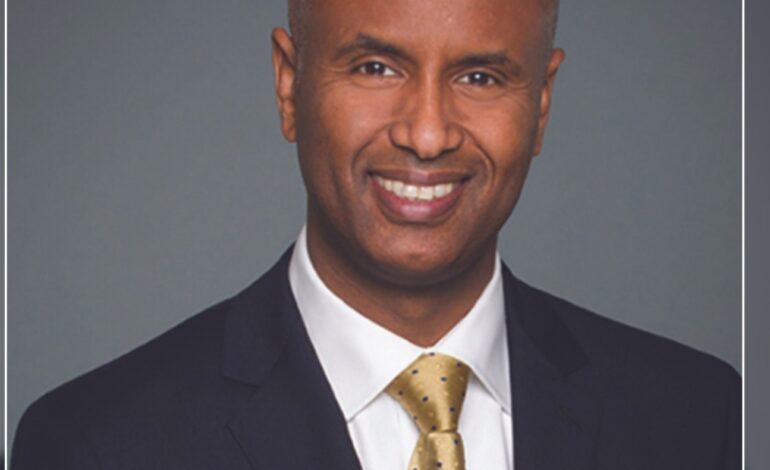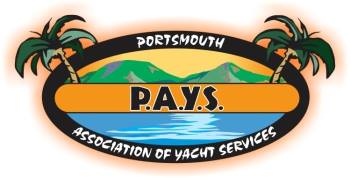
“Human rights are women’s rights, and women’s rights are human rights” Hilary Rodham Clinton
In the 1970s, the term ‘women in development’ was birthed from a network of development professionals who challenged the notion that economic development had the same, equal and positive impacts on men and women. It became evident that interventions must be tailored to ensure that women successfully integrate and benefit from social interventions. Their representation changed how women were viewed and included in the Caribbean development.
The notion that women’s rights are human rights has been circulated since the early 1980s. However, it became a poignant part of history in 1995, when the First Lady of the United States, Hilary Rodham Clinton, made a defiant speech at the special session of the United Nations Fourth World Congress on Women in Beijing. The speech established her political identity and catapulted women’s issues to the forefront.
Simultaneously, women in the Caribbean have been using their voices to create spaces to lobby for their rights. With their representation, women like Peggy Antrobus, who transformed the development landscape through the creation of the Caribbean Association for Feminist Research and Action (CAFRA), Women and Development Unit (WAND) at the University of the West Indies and Development Alternatives for Women in a New Era (DAWN), created opportunities for women that was never thought of before in the region. Even after she created spaces for women to be represented and challenged governments to be more inclusive, she still implores the younger generation: “Don’t waste your time reinventing wheels; build on what we’ve done, but don’t be limited by it”.1
And we certainly have not. This is evident by the inclusion of women in positions of power in governments, academia, the private sector and many more areas. We have seen societal changes, from women being able to drive public transport vehicles in Trinidad and Tobago to teachers wearing pants in Jamaica to women Prime Ministers throughout the region. Women continue to be significant labourers in the social and economic development of the Caribbean.
Women in development know that a better world cannot exist without collaboration, which requires diversity and inclusion. Through their representation, they have shown us that all
- Article “Interview with Peggy Antrobus” in Development and Change · November 2006
persons, regardless of race, sex, nationality, ethnicity, language, or ability, deserve to be protected by the state and treated with respect. We must continue to put our hands to the plow, holding governments, the private sector, and even civil society responsible for their actions that discriminate against those at the margins. We must strive to build a world accessible to all, create a sense of belongingness and be safe from physical and psychological harm.
I applaud their work and continue to be a co-labourer as we inspire inclusion through representation in Caribbean development.











